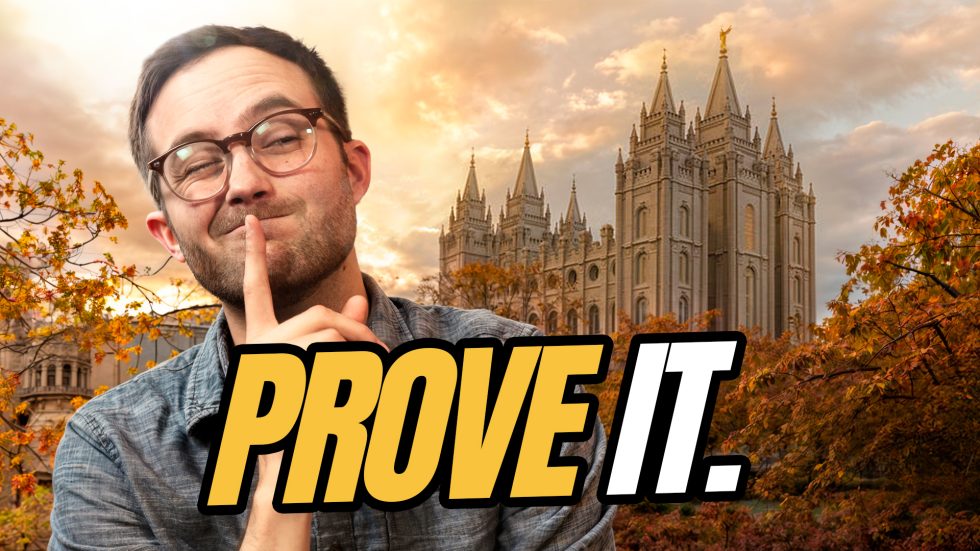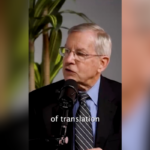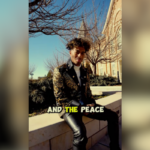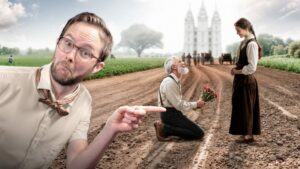
The REAL Reason We Can’t Prove the Church is True
If The Church of Jesus Christ of Latter-day Saints is true, then by divine design, no amount of historical analysis or scientific research will be able to categorically prove it to be true. That’s going to resonate with some people, and for others it’s not. And that’s entirely the point. Hear me out.
The Book of Mormon teaches that “Faith is not to have a perfect knowledge of things.” We’re also taught that “it must needs be, that there is an opposition in all things.” In order for faith to be faith, it must be chosen and pursued in spite of real alternate, even tempting options.
When the apostle Thomas wanted irrefutable physical proof of the resurrection of Christ as an exception to the rule, he actually got it, but it came with a reprimand: “Because thou hast seen me, thou hast believed: blessed are they that have not seen, and yet have believed.” In other words, Blessed are those who faced the choice to believe or not believe and chose to believe anyway.
Terryl and Fiona Givens wrote that “There must be grounds for doubt as well as belief, in order to render the choice more truly a choice, and therefore the more deliberate, and laden with personal vulnerability and investment. An overwhelming preponderance of evidence on either side would make our choice as meaningless as would a loaded gun pointed at our heads.”
John Welch wrote that “It seems clear enough that the Lord does not intend for the Book of Mormon, the Bible, or any other sacred matters to be open-and-shut cases intellectually, either pro or con. If God had intended this, He could have left more concrete evidences one way or the other. Instead, it seems that the Lord has maintained a careful balance between requiring people to exercise faith and allowing them to find reasons that affirm the stated origins of His revealed word. Instead, the choice is, then, entirely ours.”
In their book Faith is Not Blind, Bruce and Marie Hafen assert that “God has left us free, amid circumstances that do not compel our belief, to choose for ourselves, as an act of will, whether to grasp the iron rod in the midst of the darkness.”
To read the entire article: Keystonelds









